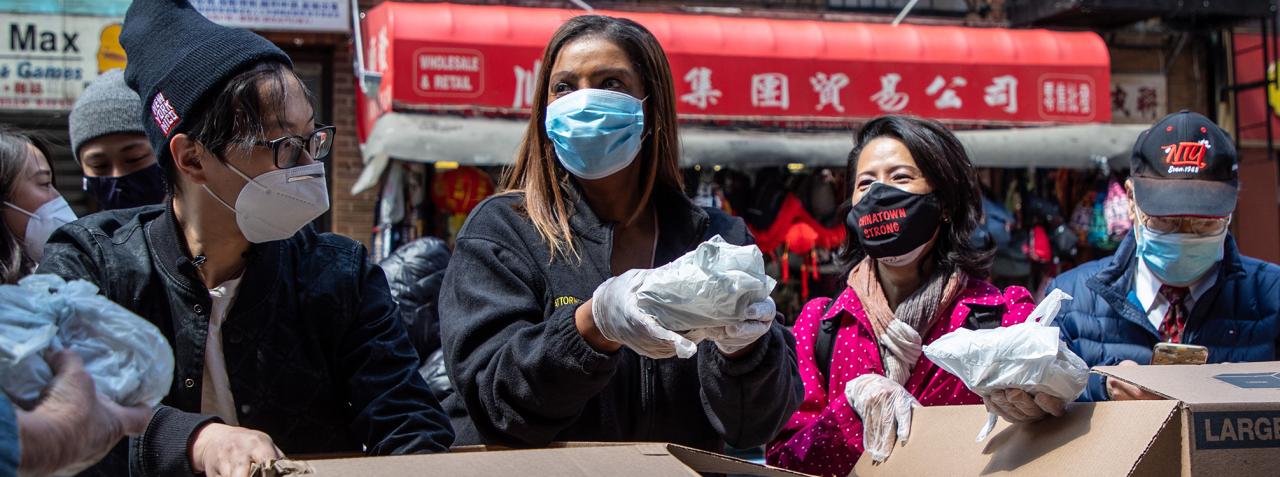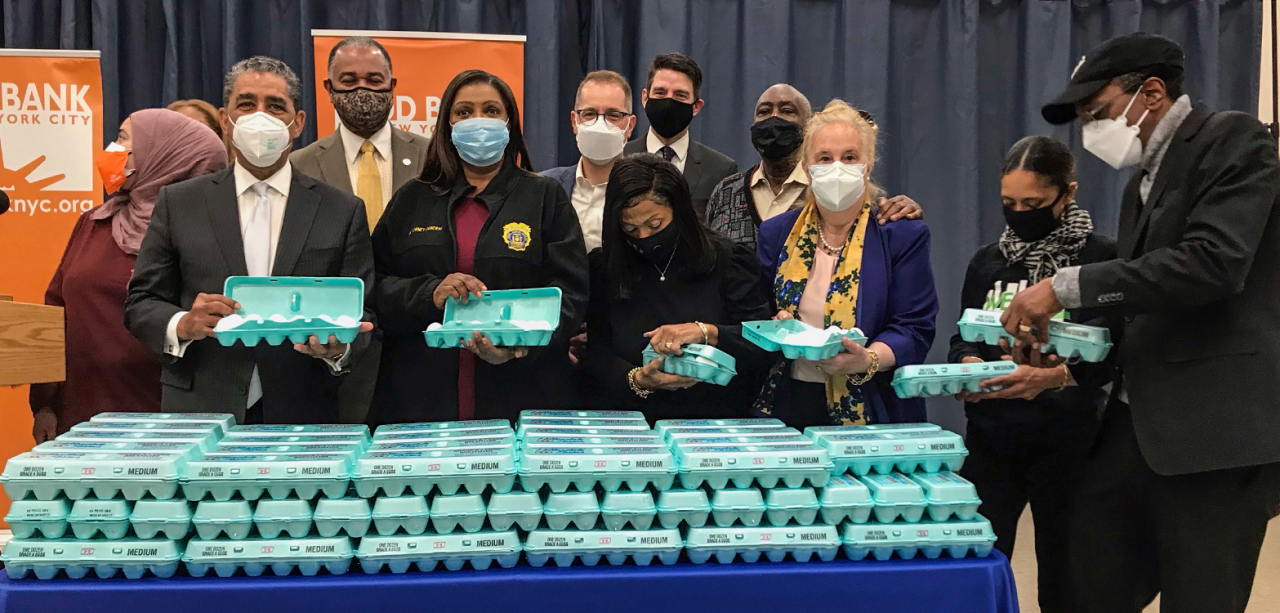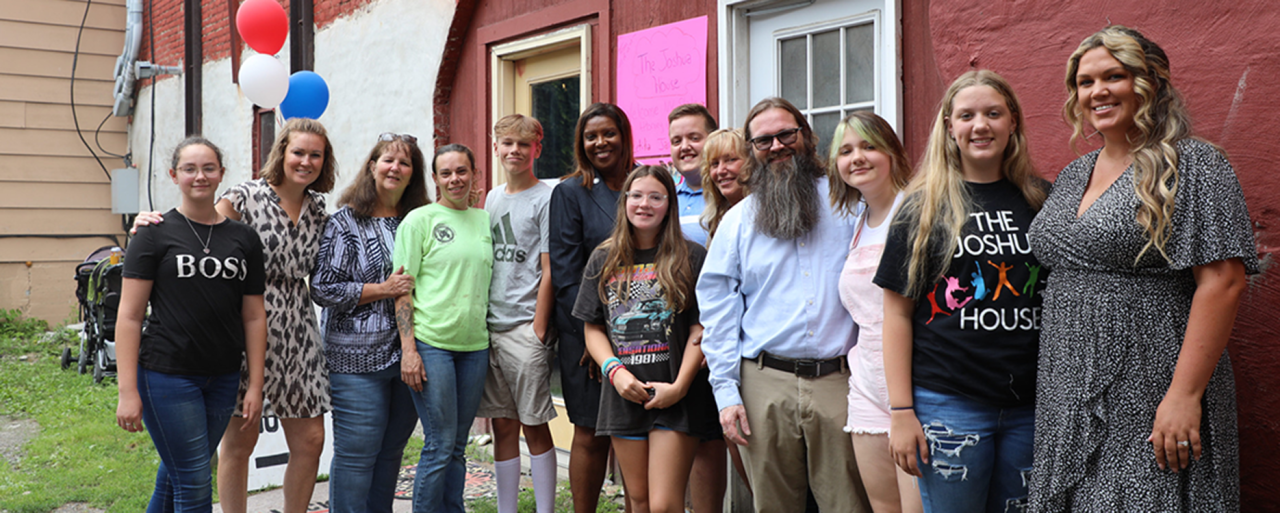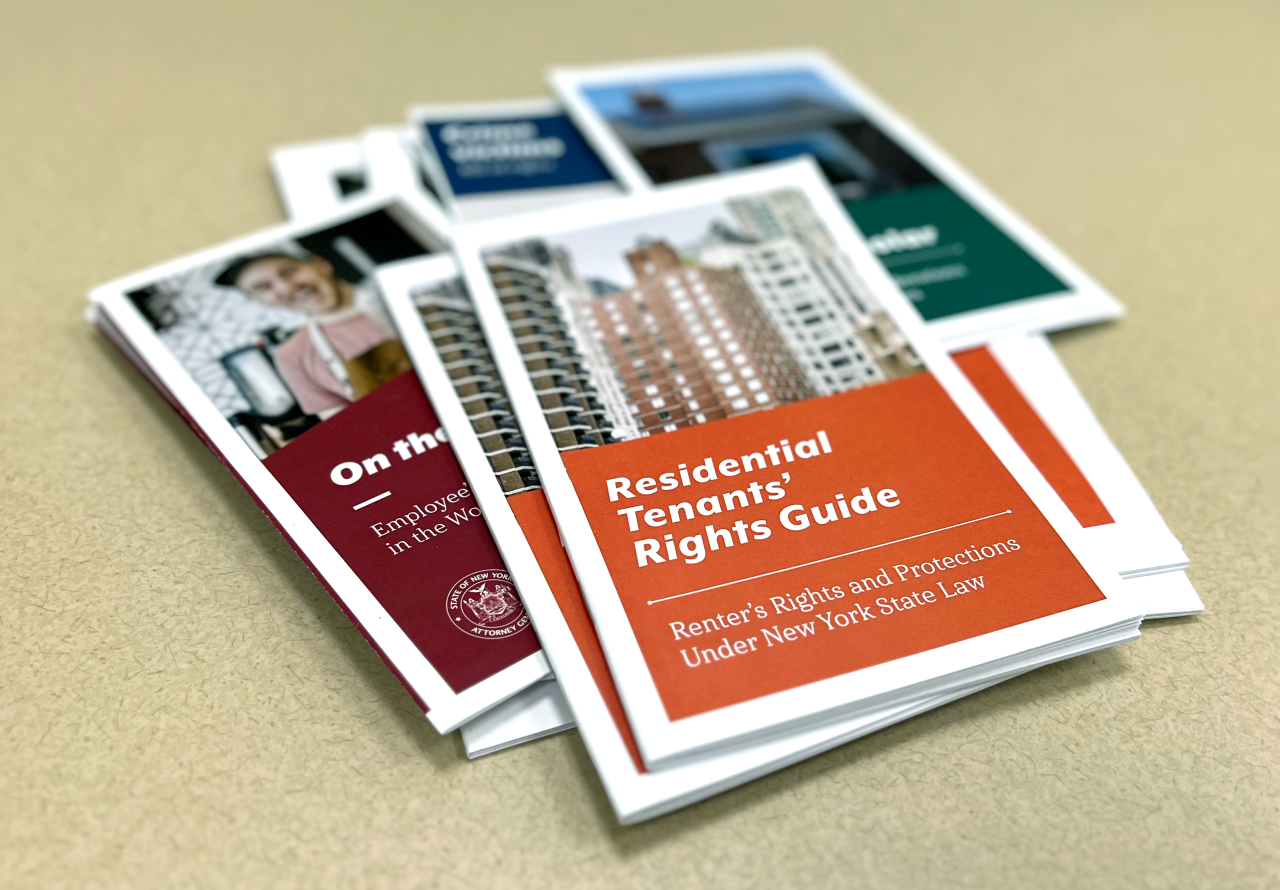Publications Library
The Office of the New York State Attorney General offers informational publications on a variety of issues important to New Yorkers.
Additional languages
Search by topic
Popular publications

Tenants' rights
Learn about leases, rent, livability, safety, utility services, and tenants' personal protections (not including co-op or condominium housing).

Smart seniors
We offer guidance to help senior citizens better understand how to protect themselves against scams, threats to their health, and elder abuse.

Autos
Lemon law brochure
If your new or used car does not meet its warranty requirements, New York’s “lemon laws” may provide a legal remedy.
View publication
Used car lemon law
If your used car does not meet its warranty requirements, New York’s “lemon laws” may provide a legal remedy.
View publication
Buying a car
Get tips on researching vehicles, choosing a dealer, and knowing what to look for in a contract.
View publication

Charities
Joint Statement from 12 Attorneys General
President Trump is Misleading the American People on Purpose of Diversity, Equity, Inclusion, and Accessibility Initiatives.
View publication
Dissolution of not-for-profit corporations with assets
Use our guidance and checklists for dissolving your corporation and disposing of assets.
View publication
Dissolution of not-for-profit corporations without assets
We offer guidance, checklists, and forms to help you dissolve your corporation.
View publication
Donating to charity safely and wisely
Read our advice on donating safely and wisely. Ensure your donation goes as far as it can.
View publication
Forming and changing not-for-profit corporations
View publication
Guidance for tax-exempt organizations on political activity and lobbying
Understand the prohibitions against political and election-related activities by certain tax-exempt organizations.
View publication
Houses of worship for lease or sale: congregants' guide
Know your rights. You may have voting rights regarding the sale, lease, or mortgage of your organization.
View publication
Hiring a professional fundraiser tips
Ensure that your fundraiser is reputable, honest, and fair, and won't charge more than you can afford.
View publication
Multistate guidance for private entities holding charitable scholarship funds
This memorandum includes guidance to the philanthropic community on navigating directives from donors to fund scholarships and grants for racial minorities and other protected classes.
View publication
Diversity, Equity, Inclusion, and Accessibility Employment Initiatives
Multi-State Guidance helping businesses, nonprofits, and other organization operations.
View publication
Internal controls for not-for-profit boards
Protect your assets, improve your reporting, help you comply with laws, and have efficient operations.
View publication
Management of endowment funds for charities
Use our guidance on managing investing funds for your not-for-profit organization.
View publication
Mergers and consolidations of not-for-profits
Learn about required approvals registration, and petitions. Understand how to form a plan.
View publication
Not-for-profit corporations: directors' responsibilities
Our guidance helps you understand and carry out your fiduciary duties to your organization.
View publication
Religious corporations: disposition of assets
Ensure that your house of worship follows the laws and correct procedures for disposing of assets.
View publication
Sales and other dispositions of assets
Our guidance, checklists, and tips help you comply with laws and accomplish a successful transaction.
View publication

Civil rights
Employment discrimination
Workplace discrimination is illegal. Learn what to do if you experience or witness it.
View publication
Equal pay
Learn your rights and get helpful resources to ensure that you are paid fairly and equitably.
View publication
Fair housing
Learn about laws concerning discrimination in the rental, sale, or financing of homes.
View publication
Human trafficking
Identify the signs of human trafficking. Find help for yourself or anyone victimized by this crime.
View publication
Immigration services fraud
Immigrants have rights under the law. Use our tips to avoid scams that target you.
View publication
LGBTQIA+ rights
It is illegal for anyone to harass or discriminate against you because of your sex, gender identity or expression, sexual orientation, or HIV/AIDS status or other disability.
View publication
Language access
No matter your primary language or hearing impairment, you have a legal right to information and services.
View publication
Marijuana legalization and record expungement
Get detailed instructions on expunging marijuana-related convictions from your criminal record.
View publication
Religious rights in the workplace
Learn the rights and responsibilities of workers and employers for accommodating religious needs.
View publication
Service animals
Laws protect people who rely upon service animals, particularly in public accommodations and housing.
View publication
Sexual harassment in the workplace
Learn about sexual harassment, the steps you can take, and what to do about retaliation for a harassment complaint.
View publication
Source-of-income discrimination
In some areas, landlords cannot discriminate against you if your income does not come from wages.
View publication

Consumers
After the storm
Get tips for dealing with repair contractors and avoiding price gouging after natural disasters.
View publication
Debt: Managing the overload
Learn about dealing with debt collectors and seeking help from credit-counseling agencies.
View publication
Deed theft
Avoid deed theft and similar scams and keep possession of your home.
View publication
e-Bike safety
Your e-bike is valuable to you and helps you do your job. Protect yourself with our tips.
View publication
Hiring a home-improvement contractor
Learn about hiring a home-improvement contractor, avoiding scams, and getting your money's worth.
View publication
Identity theft kit
Here are immediate steps to take if your identity or other personal information has been stolen.
View publication
IRS scams
Avoid being scammed by con artists pretending to represent the Internal Revenue Service.
View publication
Low-cost banking
Find low-cost services that banks must provide consumers, plus other options like prepaid debit cards.
View publication
Payday loans
Read about payday and other types of short-term, high-interest loans. Learn to stay out of debt and avoid scams.
View publication
Phone scams
Scammers use both live and robo calls to trick victims. Here are tips on how to avoid the scam.
View publication
Protect your identity
Learn what identity theft is and how it works. Get tips for protecting your information and credit.
View publication
Savvy consumers
Use our tips on making smart purchases, not getting cheated, and avoiding bad deals.
View publication
Summer scams
Warm weather can bring out the scammers. Here is how to spot some common scams.
View publication

Crime and safety
Crime victims' bill of rights
Victims' rights include the right to know, involvement, protection, help, and reparations.
View publication

Environment
Fighting climate change on the road
Get tips on fighting climate change and pollution generated by transportation and fossil fuels.
View publication
Lead paint poisoning
Avoid and test for lead paint poisoning. Know your rights when renting, owning, and improving your home.
View publication
Mold in your home
Find out how to remove mold from your home after storms and flooding.
View publication
Solar tips for homeowners
Interested in solar panels? Here are some common options and issues to consider.
View publication

Health
Abortion rights in New York
New York protects the abortion rights of everyone, including transgender and nonbinary people.
View publication
Advance directives
Learn about end-of-life health care, including advance directives, pain management, hospice care, and organ donation.
View publication
Health care helpline
Our Health Care Bureau safeguards your health care rights, mediates disagreements, provides resources, and investigates fraud and abuse.
View publication
Health and prescription discount cards
Understand how discount cards work, get advice on making smart purchases and avoiding scams, and learn about OAG services.
View publication
Indoor tanning
Know the facts. Don't fall for myths and misconceptions. Keep yourself safe.
View publication
Behavioral health parity laws
Insurance companies must cover treatment for behavioral health as they do for physical health. Learn your rights.
View publication
Mold in your home
Learn how to remove mold from your home after storms and flooding.
View publication
Reproductive health care services
State and federal laws protect both those who provide and those who obtain reproductive health care services in New York.
View publication
Urgent care centers
Understand how urgent care centers can fit into your various health care options.
View publication
Victims of domestic violence
New York laws protect victims of domestic violence, particularly in housing and employment.
View publication

Housing
Co-op boards of directors
Read about leases and other documents, and rules and powers of cooperatives' boards. Get tips for tackling problems.
View publication
Deed theft
Understand how to avoid deed theft and similar scams and keep possession of your home.
View publication
Fair housing
Read about the laws concerning discrimination in the rental, sale, or financing of homes.
View publication
Law enforcement tenants' rights guidance
We provide guidance to law enforcement responding to complaints that tenants or guests are improperly meeting at a building or grounds.
View publication
New York State Good Cause Eviction Law
In many cases, your landlord cannot convict you without a good reason. Learn how the Good Cause Eviction Law protects you.
View publication
Immigrant tenant rights
Immigrant tenants have rights in New York. We provide resources for more information and guidance.
View publication
Tenants' rights
Understand leases, rent, livability requirements, safety issues, utility services, and personal protections (does not include cooperative or condominium issues).
View publication
Tenant harassment — New York City
Here are tips on what you can do as a tenant to protect yourself from harassment by your landlord.
View publication
Tenant harassment — outside New York City
Here are tips on what you can do as a tenant to protect yourself from harassment by your landlord.
View publication
Guidance for law enforcement on unlawful eviction
We provide guidance to law enforcement responding to complaints about tenants or other occupants being illegally evicted from dwellings
View publication

Seniors
Advance directives
Learn about end-of-life health care, including advance directives, pain management, hospice care, and organ donation.
View publication
Grandparent scheme
Many scammers target grandparents. Protect yourself from fraudulent schemes.
View publication
Smart seniors, smart investors
Get tips for older adults about making smart investments and avoiding investment fraud.
View publication
Smart seniors
Understand how to protect yourself against scams, threats to your health, and elder abuse.
View publication

Students
Paying for college
Raise your financial IQ: Get tips for understanding and financing college expenses.
View publication
Students, credit cards, and banking
Raise your financial IQ: Learn about applying for and using credit cards and banking services.
View publication

Technology
Consumer guide to web tracking
Manage how businesses monitor you online to protect your privacy.
View publication
Identity theft kit
Here are immediate steps to take if your identity or other personal information has been stolen.
View publication
Protect your identity
Understand what identity theft is and how it works. Get tips for protecting your privacy and keeping your credit safe.
View publication

Workers
Equal pay
Learn your rights and get helpful resources to ensure that you are paid fairly and equitably.
View publication
Employees' rights
The law protects all workers' rights in New York. Understand your rights and learn where to find help.
View publication
Employment discrimination
Learn about laws concerning workplace discrimination and what you can do if you face it.
View publication
Religious rights in the workplace
Understand the rights and responsibilities of workers and employers in accommodating religious needs.
View publication
Sexual harassment in the workplace
Learn what sexual harassment is and the steps a victim can take. Retaliation for a sexual-harassment complaint is illegal.
View publication

Request print publications
Printed publications are available for free in English, in addition to Arabic, Bengali, Chinese, French, Haitian Creole, Italian, Korean, Polish, Russian, Spanish, Urdu, and Yiddish. You can request multiple copies or large-print format.
